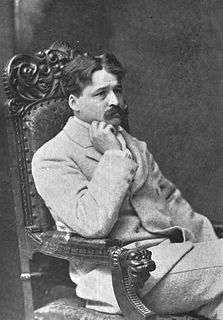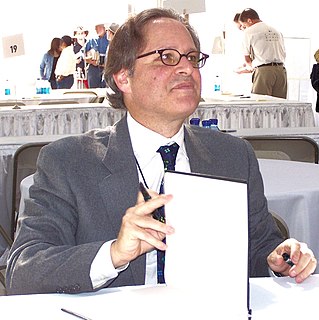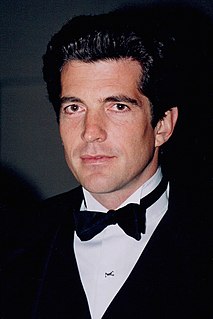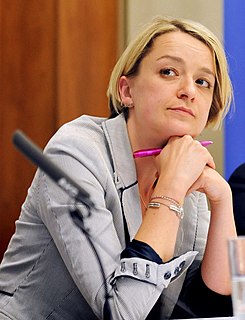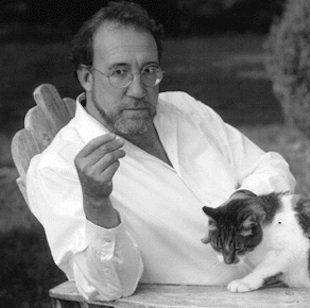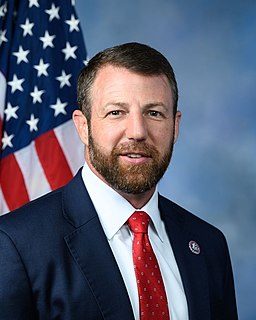A Quote by Frederick Douglass
I have one great political idea... That idea is an old one. It is widely and generally assented to; nevertheless, it is very generally trampled upon and disregarded. The best expression of it, I have found in the Bible. It is in substance, "Righteousness exalteth a nation - sin is a reproach to any people." This constitutes my politics, the negative and positive of my politics, and the whole of my politics... I feel it my duty to do all in my power to infuse this idea into the public mind, that it may speedily be recognized and practiced upon by our people.
Quote Topics
Any
Best
Bible
Disregarded
Duty
Expression
Feel
Found
Generally
Great
Great Political
Idea
Infuse
May
Mind
Nation
Negative
Negative And Positive
Nevertheless
Old
Old One
Our
Our People
People
Political
Politics
Positive
Power
Practiced
Public
Recognized
Reproach
Righteousness
Sin
Substance
Trampled
Very
Whole
Widely
Related Quotes
The average educated man in America has about as much knowledge of what a political idea is as he has of the principles of counterpoint. Each is a thing used in politics or music which those fellows who practice politics or music manipulate somehow. Show him one and he will deny that it is politics at all. It must be corrupt or he will not recognize it. He has only seen dried figs. He has only thought dried thoughts. A live thought or a real idea is against the rules of his mind.
I am always suspicious of the formulation that "politics" has prevented a great idea from being enacted by government. Politics IS government, in a democratic society. It's a challenge for school reformers, like reformers in any realm, to build a popular constituency for their work. If the people it's supposed to benefit vote against it, that tells me that the person pushing reform lacks political skill. And political skill is a good thing.
The politics of language and the politics of writing really got to me. I've heard this phrase more than once now: this idea of the poetry wars, or the idea that people within the space of writing are at odds with one another or manipulating language to further one's political stance, manipulating language in ways that really felt dirty to me. All of these things worked their way into and through language for me.
[Osip] Mandelstam, who wasn't a political thinker, loved the idea of the city-state. One of the emblems in his poetry of the politics he imagined, over and against the universalizing politics of [Carl] Marx, was the medieval city of Novgorod, which had in its center a public well where the water was free to everyone. That became for him a figure of justice.
If you're sort of interested in politics but sort of upset about contemporary politics, it's kind of wonderful to read about periods who were very eloquent and admirable - generally. People are articulating ideas you can sympathize with or understand both sides of. Or at least feel like one side is saying the right things.
Economics now drives politics. This gives us a system in which the relationship between power and politics is no longer fused. Power is global. We have an elite that now floats in global flows. It could care less about the nation-state, and it could care less about traditional forms of politics. Hence, it makes no political concessions whatsoever. It attacks unions, it attacks public schools, it attacks public goods. It doesn't believe in the social contract.


